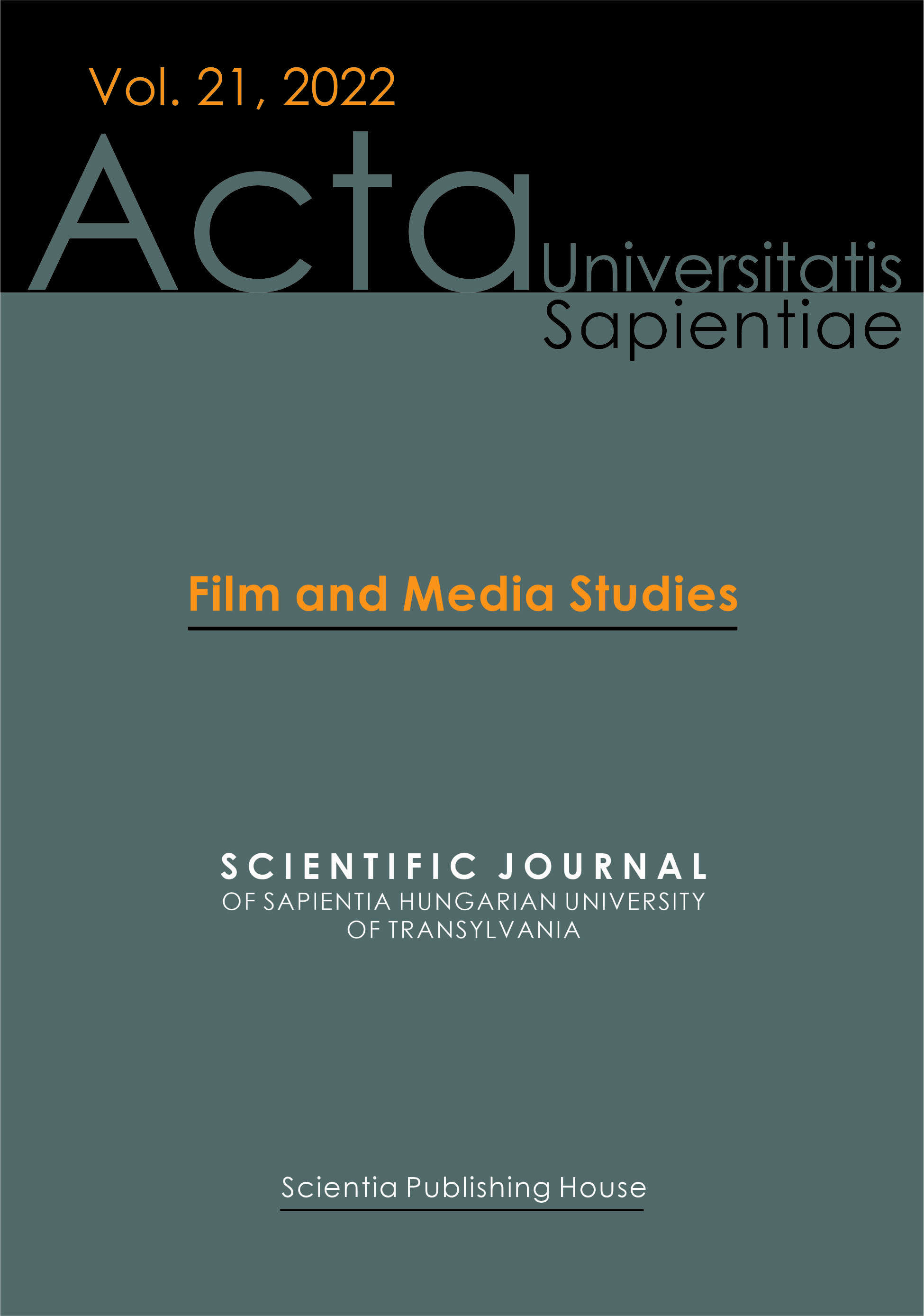In the Captivity of the Present. Approaches to Son of Saul by László Nemes Jeles
In the Captivity of the Present. Approaches to Son of Saul by László Nemes Jeles
Author(s): Miklós SághySubject(s): Film / Cinema / Cinematography
Published by: Scientia Kiadó
Keywords: Holocaust; contemporary Hungarian Cinema; Fatelessness; Son of Saul; László Nemes Jeles; Imre Kertész;
Summary/Abstract: Son of Saul, the Hungarian director, László Nemes Jeles’s film about Holocaust was released in 2015 with great international success: Grand Prix of the Cannes Film Festival, the Academy Award and Golden Globe for best foreign-language film. In my essay, I approach the film from a variety of perspectives. First, by analysing the visual and aural level of the film I intend to show how – in a very original way – Son of Saul is capable of depicting the understandably limited perspective and numb state of mind of the protagonist, a member of the Sonderkommando. In the second section, I compare Son of Saul with the Nobel Prize winner novel, Fatelessness (1975) by Imre Kertész. I argue that these two works show strong similarity in their storytelling and staging of the Holocaust. Both works miss a looking back in hindsight and the historical perspective, confining their protagonists to the present. Thirdly, I examine the relation between the absurd mission of Saul saving the dead boy and the problem of remembering and commemorating the Holocaust. Finally, I try to map the traces of popular genres in Son of Saul. I recon the film applies – on the one hand – the audiovisual techniques of the POV-horror genre while – on the other hand – the media and presentation tactics of first-person-shooter video games. The application of well-known media procedures can thus bring the historical event that can be hardly visualized or verbalized closer to the younger generation. With the Holocaust fading away in the past and the number of survivors and witnesses radically decreasing, this is certainly becoming more and more important.
Journal: Acta Universitatis Sapientiae, Film and Media Studies
- Issue Year: 2022
- Issue No: 21
- Page Range: 101-122
- Page Count: 22
- Language: English

